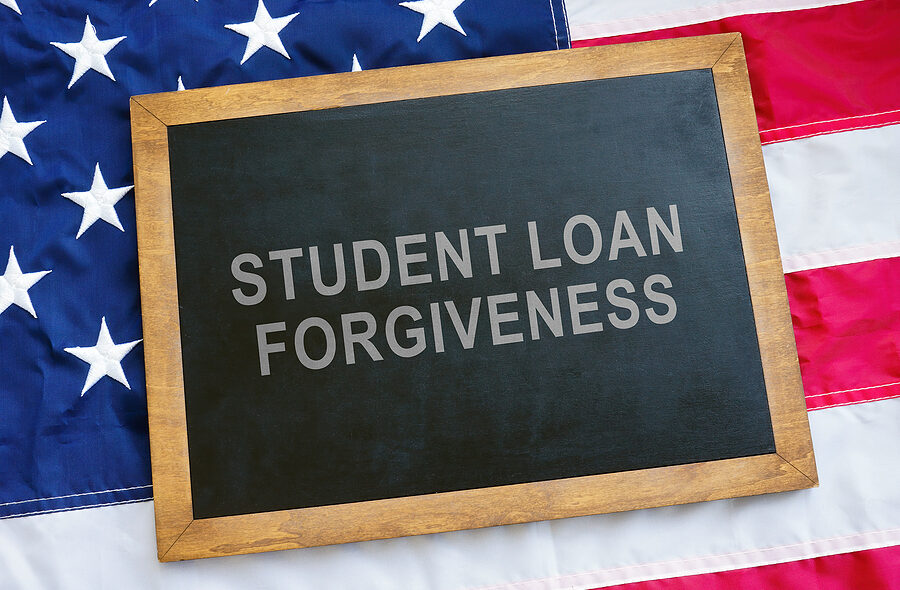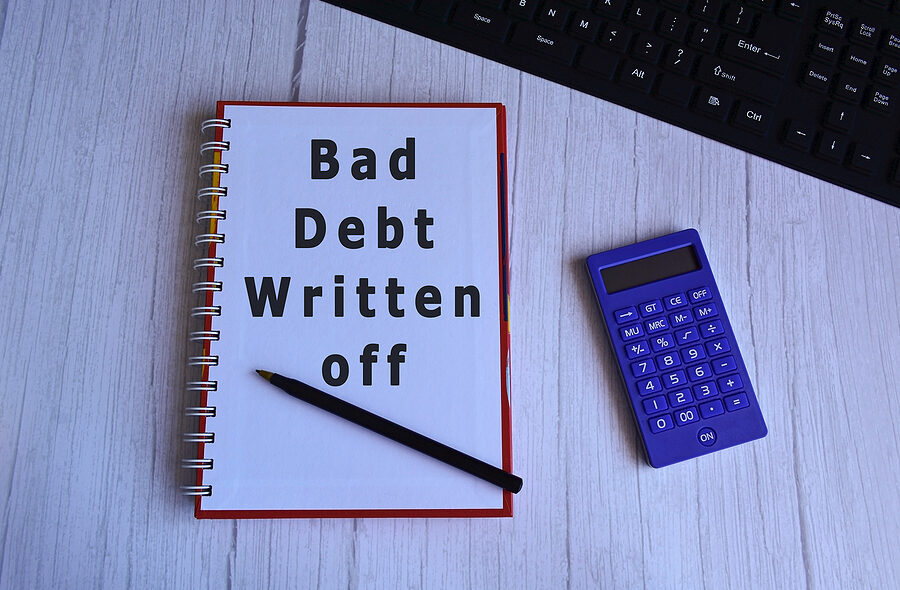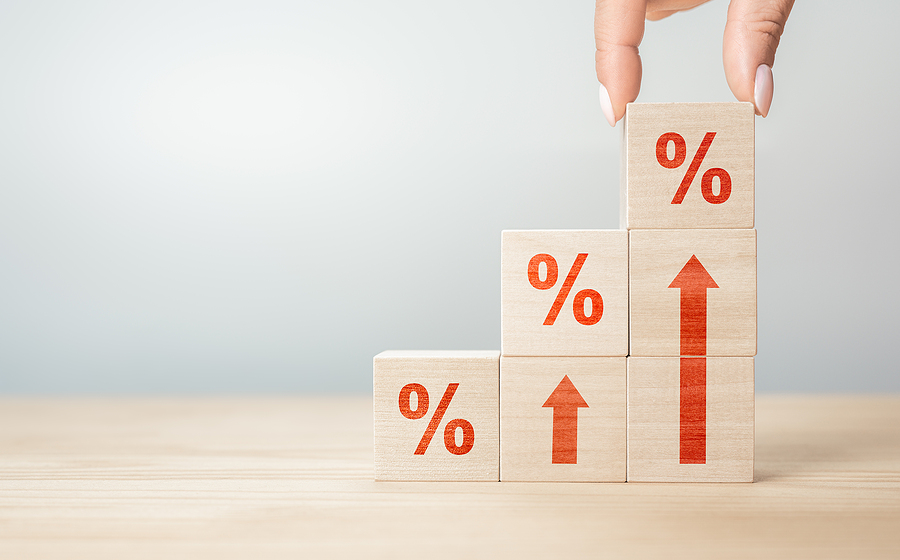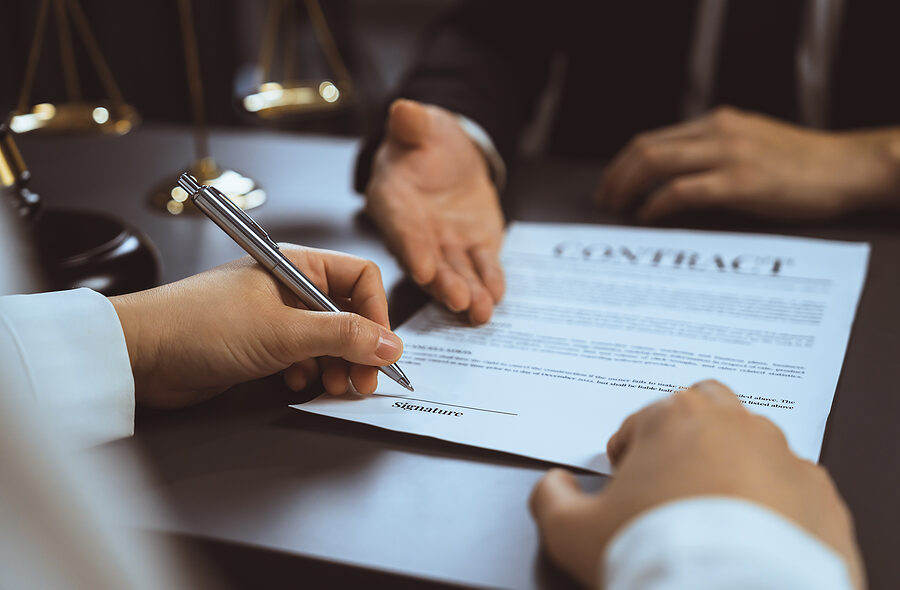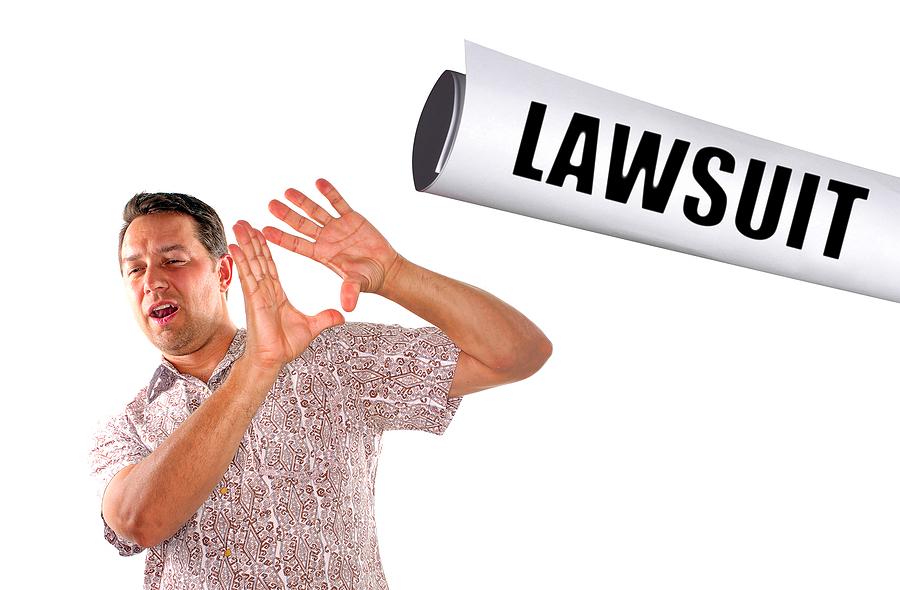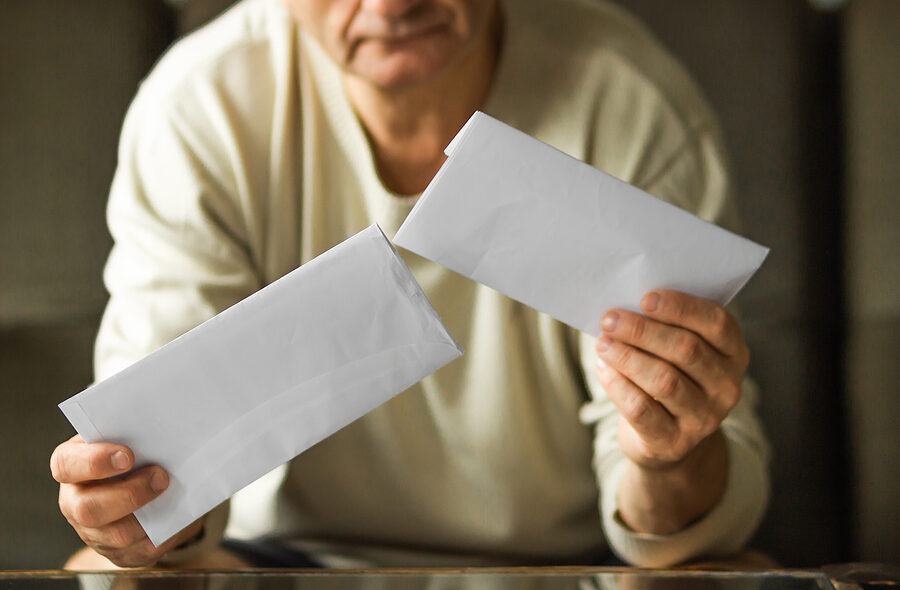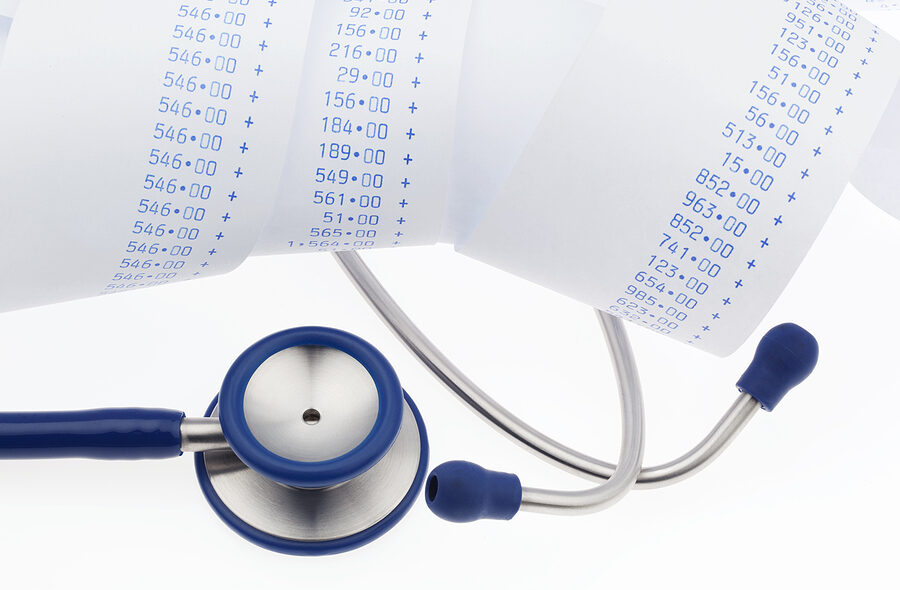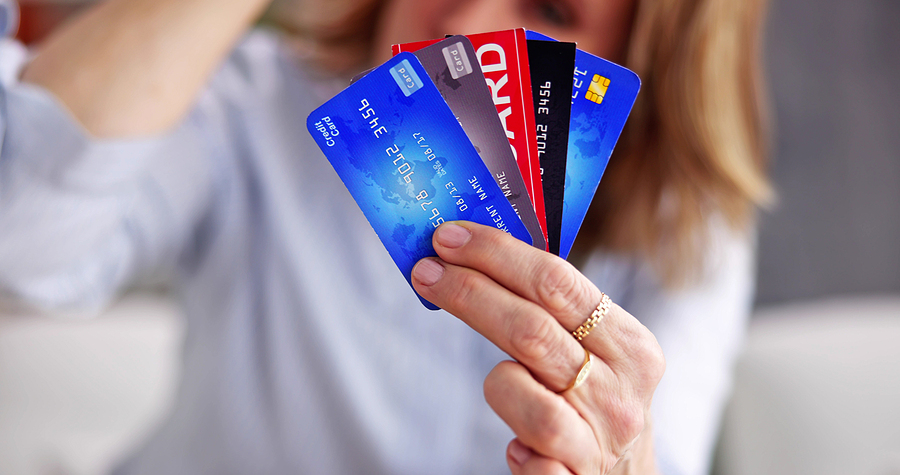President Biden has a ‘Plan B’ lined up for student loan forgiveness, which looks significantly different from the first plan.
His original plan, which was recently blocked by the U.S. Supreme Court, would have cancelled up to $20,000 in student loan debt for tens of millions of borrowers. Following the ruling, the President created a Student Loan Debt Relief Committee to create an alternate plan.
The President’s original plan impacted nearly 40 million American borrowers, but the new plan will be narrower in reach. The original, which covered more than 90 percent of federal student borrowers, will now cover just 10 percent.

